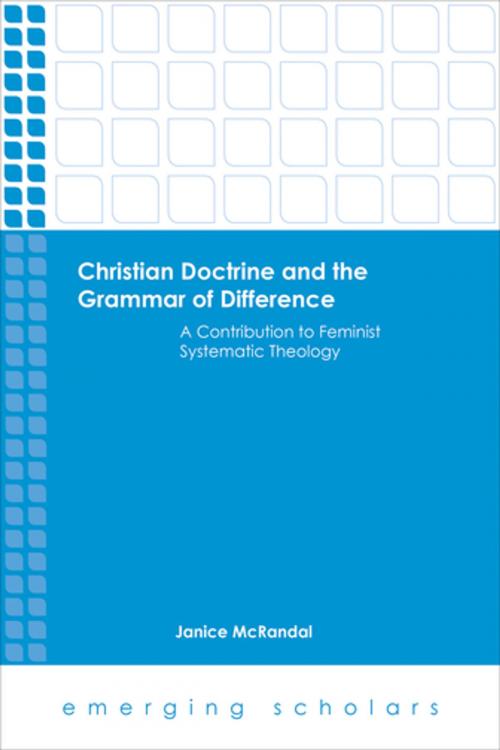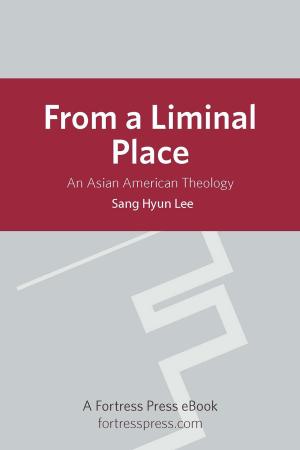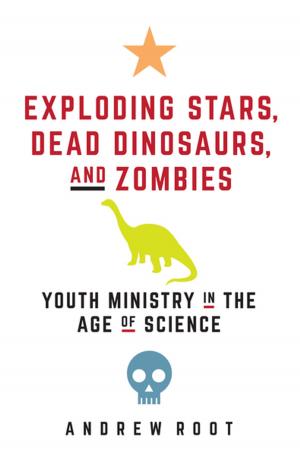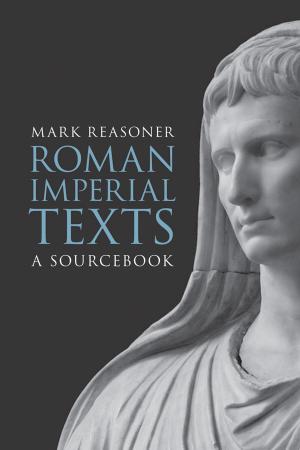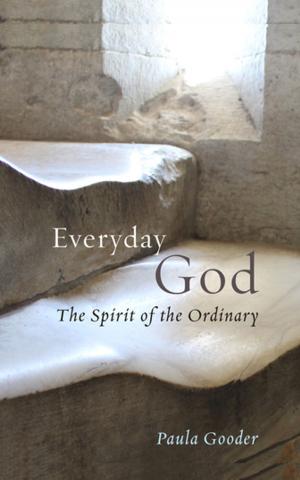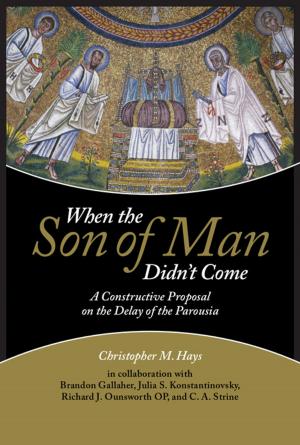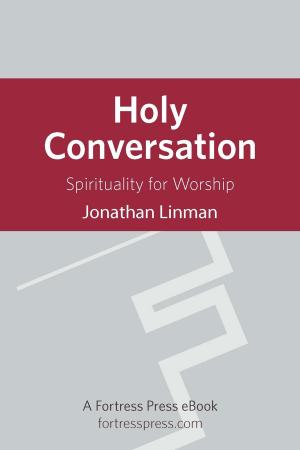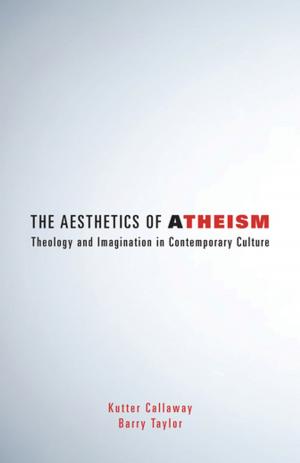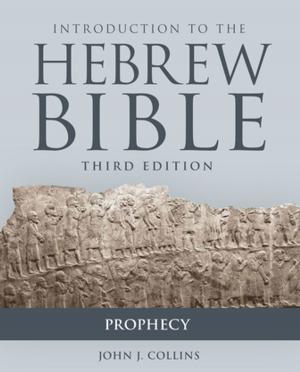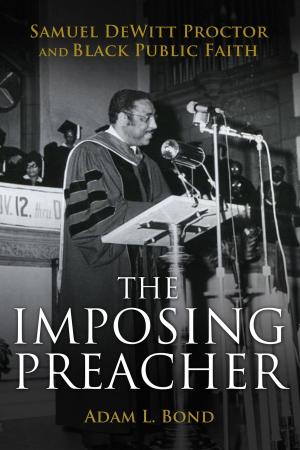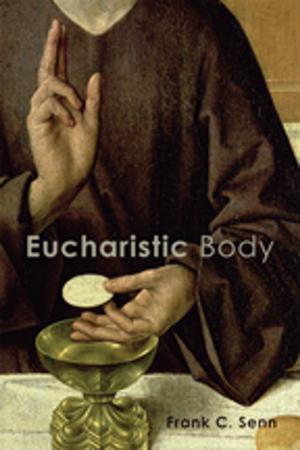Christian Doctrine and the Grammar of Difference
A Contribution to Feminist Systematic Theology
Nonfiction, Religion & Spirituality, Theology, Christianity| Author: | Janice McRandal | ISBN: | 9781451494242 |
| Publisher: | Fortress Press | Publication: | February 1, 2015 |
| Imprint: | Fortress Press | Language: | English |
| Author: | Janice McRandal |
| ISBN: | 9781451494242 |
| Publisher: | Fortress Press |
| Publication: | February 1, 2015 |
| Imprint: | Fortress Press |
| Language: | English |
Christian Doctrine and the Grammar of Difference argues that the most potent and resourceful theological response to the challenging questions of gender and difference is to be found in a retrieval of a doctrinal framework for feminist theology. In particular, it is suggested that a doctrinal narrative of creation, fall, and redemption—underpinned by the doctrinal grammar of the Trinity—provides resources to resolve the theological impasse of difference in contemporary feminist theology. The divine economy reveals a God who enters into history and destabilizes fixed binaries and oppressive categories. The biblical narrative discloses a subtle yet potent fluidity to the Triune relationships. As created subjects—precisely in our difference—we are sustained, affirmed, and drawn back into the Triune life. The subtleties of divine transgression are already recognized in the patterns of the liturgy, in prayer, and in practices of contemplation. Here, bodies not only encounter the transgressive love of God but are enabled to inhabit their differentiated humanity with distinctiveness and grace.
Christian Doctrine and the Grammar of Difference argues that the most potent and resourceful theological response to the challenging questions of gender and difference is to be found in a retrieval of a doctrinal framework for feminist theology. In particular, it is suggested that a doctrinal narrative of creation, fall, and redemption—underpinned by the doctrinal grammar of the Trinity—provides resources to resolve the theological impasse of difference in contemporary feminist theology. The divine economy reveals a God who enters into history and destabilizes fixed binaries and oppressive categories. The biblical narrative discloses a subtle yet potent fluidity to the Triune relationships. As created subjects—precisely in our difference—we are sustained, affirmed, and drawn back into the Triune life. The subtleties of divine transgression are already recognized in the patterns of the liturgy, in prayer, and in practices of contemplation. Here, bodies not only encounter the transgressive love of God but are enabled to inhabit their differentiated humanity with distinctiveness and grace.
